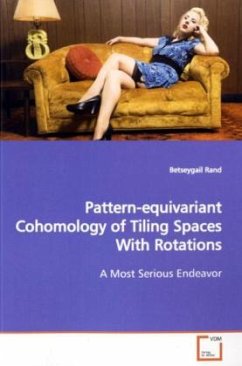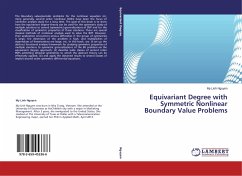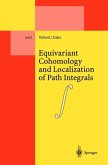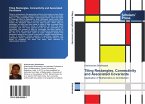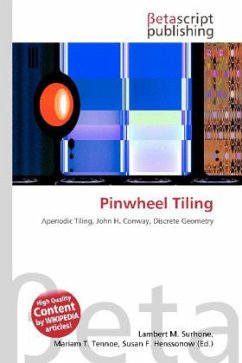Pattern-equivariant cohomology theory was developed
by Ian Putnam and Johannes Kellendonk in 2003, for
tilings whose tiles appear in fixed orientations. In
this dissertation, we generalize this theory in two
ways: first, we define this cohomology to apply to
tiling spaces, rather than individual tilings.
Second, we allow tilings with tiles appearing in
multiple orientations - possibly infinitely many.
Along the way, we prove an approximation theorem,
which has use beyond pattern-equivariant cohomology.
This theorem states that a function which is a
topological conjugacy can be approximated arbitrarily
closely by
a function which preserves the local structure of a
tiling space. The approximation theorem is limited to
translationally finite tilings, and we conjecture
that it is not true in the infinite case.
by Ian Putnam and Johannes Kellendonk in 2003, for
tilings whose tiles appear in fixed orientations. In
this dissertation, we generalize this theory in two
ways: first, we define this cohomology to apply to
tiling spaces, rather than individual tilings.
Second, we allow tilings with tiles appearing in
multiple orientations - possibly infinitely many.
Along the way, we prove an approximation theorem,
which has use beyond pattern-equivariant cohomology.
This theorem states that a function which is a
topological conjugacy can be approximated arbitrarily
closely by
a function which preserves the local structure of a
tiling space. The approximation theorem is limited to
translationally finite tilings, and we conjecture
that it is not true in the infinite case.

